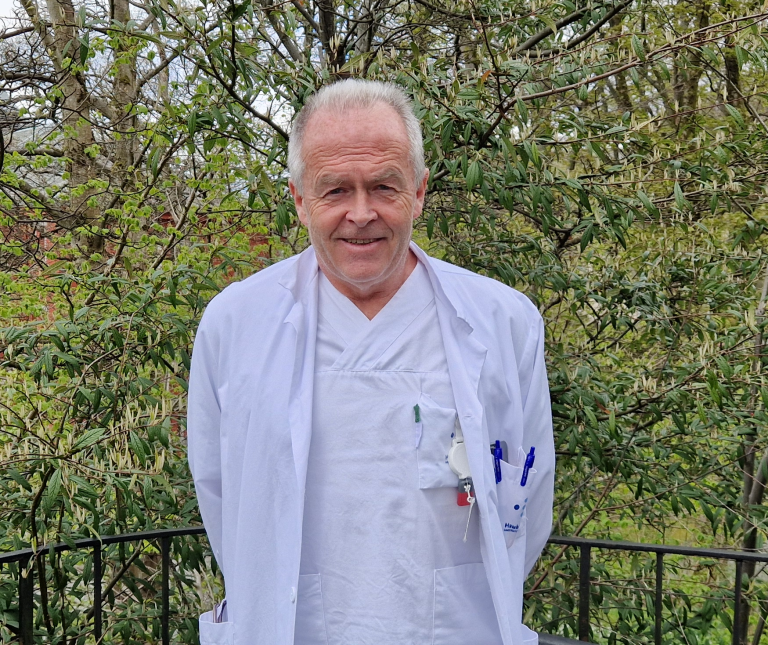Utsikt
Senior Member (Voting Rights)
Pharma typically spend between 15-30 % of their revenue on R&D, and those numbers are probably inflated by every accounting trick known to mankind. And if JE is right about them spending loads of money on obvious dead ends (partially due to the low incentives to make their existing drugs obsolete), I suspect that the real cost is much, much lower.I think the main question is if the really expensive drugs will still get made. Pharma companies have to spend billions, not only on the drugs that eventually make a profit, but on plenty that never make a dime. If they have to sell these billion dollar drugs at market prices that might not allow them to even recoup their investment, why would they waste time on researching those novel drugs?
Maybe through some mechanism, government could run the whole operation as a public service. But as it stands currently, I'm guessing there just wouldn't be money or incentive to spend billions gambling on new drugs without patents.
Economists like to talk about getting paid extra for taking risks. But they never tell you that they have no plans to bear the costs if the risks materialise, especially not the shareholders.


